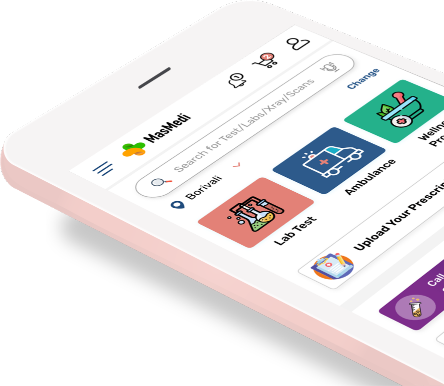KETO DIET IMPACT CHECKUP includes 86 Test(s)
SERUM ALB/GLOBULIN RATIO
BASOPHILS - ABSOLUTE COUNT
AVERAGE BLOOD GLUCOSE (ABG)
EOSINOPHILS - ABSOLUTE COUNT
ALKALINE PHOSPHATASE
LYMPHOCYTES - ABSOLUTE COUNT
MONOCYTES - ABSOLUTE COUNT
NEUTROPHILS - ABSOLUTE COUNT
BUN / Sr.CREATININE RATIO
BASOPHILS
BILIRUBIN -DIRECT
BILIRUBIN (INDIRECT)
BILIRUBIN - TOTAL
BLOOD KETONE (D3HB)
BLOOD UREA NITROGEN (BUN)
CALCIUM
TOTAL CHOLESTEROL
EOSINOPHILS
FRUCTOSAMINE
GAMMA GLUTAMYL TRANSFERASE (GGT)
HEMOGLOBIN
HbA1c
HDL CHOLESTEROL - DIRECT
HDL / LDL RATIO
IMMATURE GRANULOCYTES(IG)
IMMATURE GRANULOCYTE PERCENTAGE(IG%)
LDL CHOLESTEROL - DIRECT
LDL / HDL RATIO
TOTAL LEUCOCYTES COUNT (WBC)
LYMPHOCYTE
MEAN CORPUSCULAR HEMOGLOBIN(MCH)
MEAN CORP.HEMO.CONC(MCHC)
MEAN CORPUSCULAR VOLUME(MCV)
MAGNESIUM
MONOCYTES
NEUTROPHILS
NON-HDL CHOLESTEROL
NUCLEATED RED BLOOD CELLS
NUCLEATED RED BLOOD CELLS %
SGOT / SGPT RATIO
HEMATOCRIT(PCV)
PLATELET COUNT
PROTEIN - TOTAL
TOTAL RBC
RED CELL DISTRIBUTION WIDTH (RDW-CV)
RED CELL DISTRIBUTION WIDTH - SD(RDW-SD)
ALBUMIN - SERUM
CREATININE - SERUM
SERUM GLOBULIN
SERUM ZINC
ASPARTATE AMINOTRANSFERASE (SGOT )
ALANINE TRANSAMINASE (SGPT)
SPECIFIC GRAVITY
TC/ HDL CHOLESTEROL RATIO
TRIG / HDL RATIO
TRIGLYCERIDES
APPEARANCE
BACTERIA
URINARY BILIRUBIN
URINE BLOOD
UROBILINOGEN
BILE PIGMENT
BILE SALT
CASTS
COLOUR
CRYSTALS
EPITHELIAL CELLS
URINARY GLUCOSE
URINE KETONE
URINARY LEUCOCYTES (PUS CELLS)
MICROALBUMIN
MUCUS
NITRITE
PARASITE
PH
URINARY PROTEIN
UREA / SR.CREATININE RATIO
RED BLOOD CELLS
UREA (CALCULATED)
URIC ACID
TSH - ULTRASENSITIVE
VOLUME
YEAST
VITAMIN B-12
25-OH VITAMIN D (TOTAL)
VLDL CHOLESTEROL
